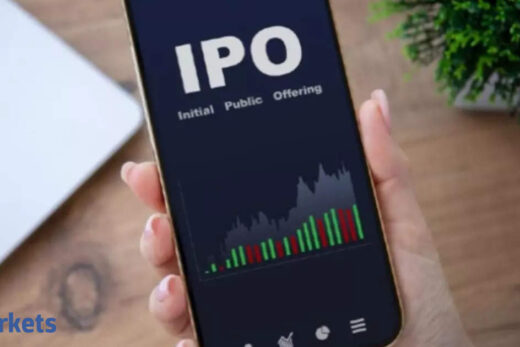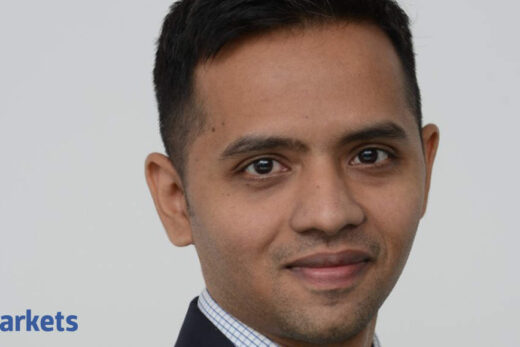Shares under the issue are being sold in the price band of Rs 1,488-1,490. The IPO comprises a fresh issuance of stocks aggregating to Rs 300 crore and an offer for sale of up to 58,40,000 equity shares. Ahead of its IPO, the Sequoia Capital-backed paints maker raised Rs 348 crore from 25 anchor investors at Rs 1,490 per share.
Analysts said that while the asking valuations look demanding, one can subscribe to the issue, citing the paint maker’s improving performance and scope for the market share expansion. The company was least impacted by Covid-19 compared with peers due to its presence in small towns, they said, while suggesting that ad spends as a percentage of revenues may fall going ahead for the paints maker, further driving its profitability.
YES Securities said that the company has a good execution record in a difficult industry, but one needs to be wary of frenzied valuations at listing.
The company is targeting a market cap of Rs 7,100 crore at the issue price which, YES Securities said, implies a price to earnings multiple of 66 times FY22 earnings, and 44 times its FY23 earnings, assuming an earnings CAGR of 50 per cent over FY20-23E. Those earnings assumptions look good, given the low base and improving distribution for the company, the brokerage said.
“With Asian Paints and Berger trading at 62 times and 73 times FY23 earnings, Indigo can also command a multiple of 60 times, translating into a fair value of Rs 2,050 against the IPO price of Rs 1,490, implying a 37 per cent upside. As current GMPs are implying an even higher upside on the listing day, we would suggest booking profits on listing day if the stock opens significantly above our fair value as we are capturing in three times earnings growth in 3 years, apart from ascribing a multiple similar to the sector leader,” it said.
GMP stands for grey market premium.
Antique Stock Broking said that Indigo Paints may continue to gain market share and outperform its larger peers in the short to medium term. This, it said, will be through scaling up of operations in recently-entered markets and increasing presence in larger cities of its existing mainstay geographies.
The paints maker had a distribution network in 27 states at the end of September quarter.
“We believe Indigo Paints’ demand for industry in-line valuation is justified given its sector in-line Ebitda margin (18.5 per cent in H1FY21 against peers’ 17 per cent) and ROE of 24-27 per cent for FY20, in an industry with significant market entry barriers. Aggressive dealer network, tinting machine expansion to existing and new markets on niche products offer a significant scope to increase market share,” it said.
Elara Capital said that the specialised products portfolio that contributed 28.6 per cent to the company’s
FY20 is profitable and attractive for dealers, which usually gives Indigo a “foot in the door”. That portfolio gives Indigo Paints a higher trade margin of 17-20 per cent against 15 per cent for Asian Paints, but has built a strong reputation, which gives it pricing power.
The brokerage said that the business model gives the company industry-leading gross margin (adjusted for outward freight cost) of 37.9 per cent in FY20, which is higher than Berger Paints’ 280 bps and Kansai Nerolac’s 520 bps, and at par with Asian Paints’ 37.7 per cent.
Due to its small size, Indigo Paints is the fastest growing amongst the top five paints companies in India. Overall, it is the fifth largest company in the decorative paint industry in revenue terms.



